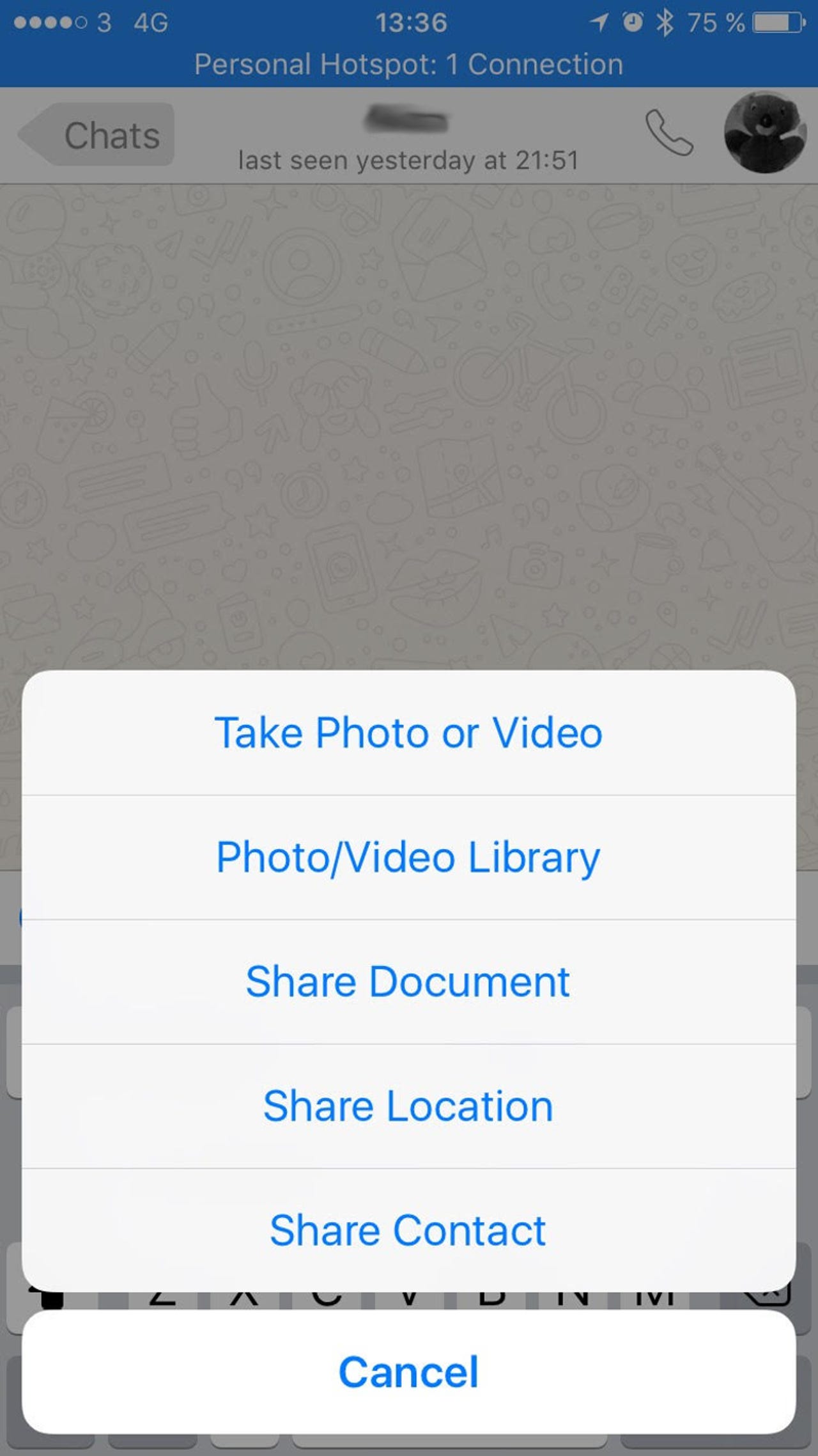One for business? WhatsApp adds PDF sharing from Google Drive, OneDrive, Dropbox, iCloud

Document-sharing arrives as WhatsApp considers placing a bigger focus on business customers.
Facebook-owned messaging service WhatsApp has enabled a new document-sharing feature in iOS and Android that may appeal to business users.
WhatsApp notes in its March 2 update for Android that users can now send and receive PDFs.
An update for iOS, dated February 28, doesn't mention PDF-sharing, only that it's now possible to share photos or videos from Google Drive, Dropbox, and Microsoft OneDrive.
Nonetheless, on an iPhone, pressing the upward arrow launches a menu that now includes the 'Share Document' option. Choosing that button now displays a second menu with the option to select PDFs from any installed cloud storage apps, including Apple's iCloud.
Selecting a document will download the file, and another window is presented where the user can select 'Cancel' or 'Send'. The feature requires both sender and recipient to have the latest update installed.
The feature arrives as WhatsApp considers placing a bigger focus on business customers. The move could fit neatly with that plan, given that document-sharing enables, for example, sending statements, receipts, tickets, and so forth that might otherwise come in a PDF attachment to an email or as a URL in a message.
Also, WhatsApp's end-to-end encryption could make it a more secure channel than SMS and email for sending sensitive documents.
WhatsApp announced in January as it dropped its $1 annual subscription fee that it wanted to connect businesses to users who want to hear from them, such as an airline flagging a delayed flight, or a bank warning a customer about a recent fraudulent transaction.
The company also vowed not to allow third-party ads on its platform and wants to avoid the pitfalls of spam.
WhatsApp reached the one billion user milestone this February, with the platform now carrying a whopping 42 billion messages per day, roughly twice as many messages that are sent each day via SMS over carrier networks.
